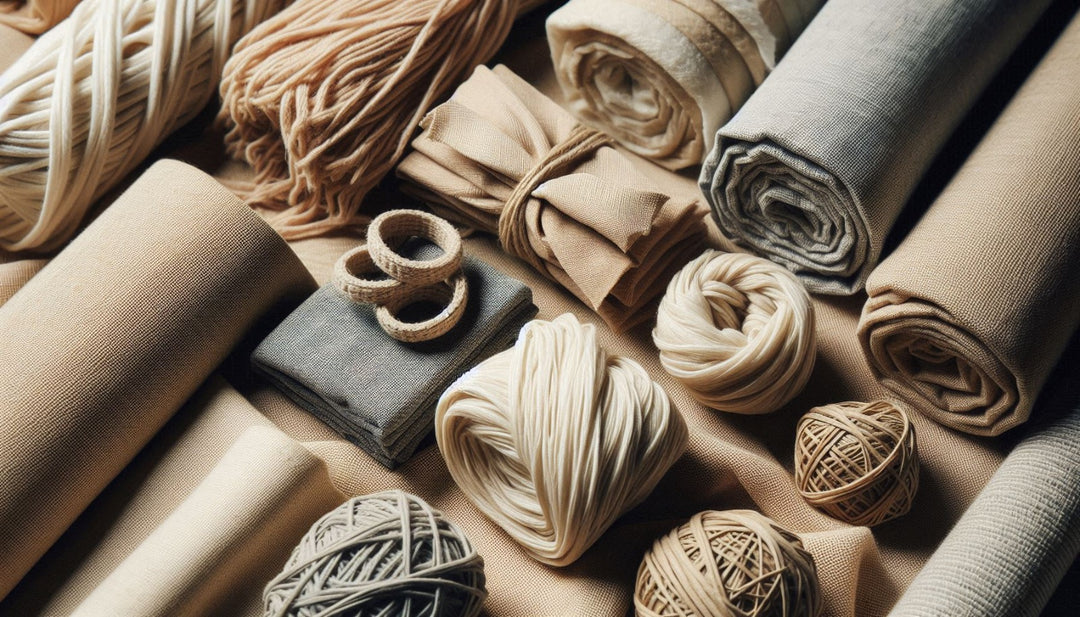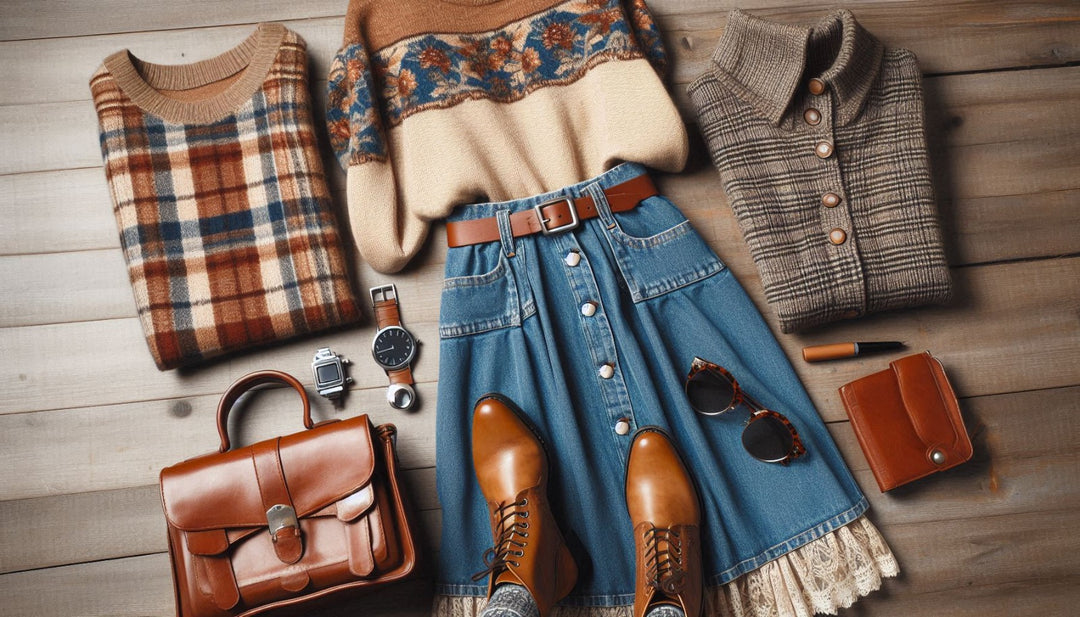Redefining Fashion: Key Trends Shaping a Sustainable Future
As the fashion industry evolves, it is embracing sustainability in unprecedented ways. Here’s a look at the key trends shaping the future of sustainable fashion, reflecting innovative practices and shifting consumer preferences.
1. Bio-Based and Regenerative Materials
Fashion brands are increasingly turning to bio-based materials such as algae, mushroom leather, and organic cotton grown through regenerative agriculture practices. These materials are not only sustainable but also biodegradable, reducing the environmental impact of fashion.

2. Fashion Rental Services
The rise of fashion rental services is transforming how people approach clothing ownership. Companies offer designer outfits for rent, allowing consumers to enjoy high-quality fashion without the environmental cost of constant new purchases.
3. Water-Saving Dye Techniques
Traditional dyeing processes use significant amounts of water and chemicals. Innovations like waterless dyeing and natural dye techniques are becoming popular, significantly reducing water usage and environmental pollution.

3D printing technology is revolutionizing sustainable fashion by enabling the creation of clothing with minimal waste. Designers can produce exact quantities needed, reducing overproduction and waste associated with traditional manufacturing.
5. Local and Artisanal Production
Supporting local artisans and small-scale producers is a key trend in sustainable fashion. This approach promotes traditional craftsmanship, reduces carbon footprints, and fosters economic growth in local communities.

6. Digital Fashion Experiences
The rise of digital fashion experiences allows consumers to try on clothes virtually using augmented reality (AR) and virtual reality (VR). This trend reduces the need for physical samples and returns, lowering the environmental impact.

Conclusion
The future of fashion is being shaped by innovative and sustainable practices. By adopting bio-based materials, supporting local artisans, and leveraging technologies like 3D printing and digital fashion experiences, the industry is moving towards a more sustainable and ethical future. At WELLBI we are at the forefront of this change, offering products that reflect these values.
Discover more about how WELLBI is leading the charge in sustainable fashion. Explore our latest collections and join us in making a positive impact on the planet.





Leave a comment